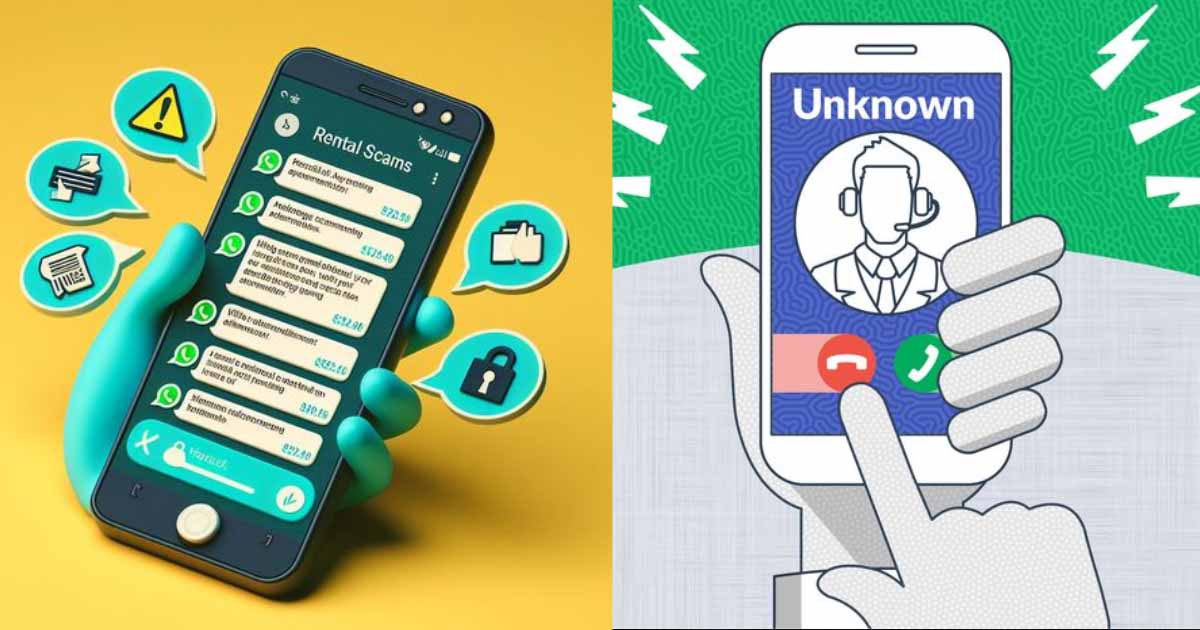Top Warning Signs of Scam Phone Calls and How to Stay Safe
With scam phone calls on the rise, recognizing the warning signs can help protect you from falling victim to fraud. Scammers are increasingly sophisticated, using tactics designed to trick you into giving away personal information or money. Here’s how to spot a scam call and steps to stay safe:

1. Immediate Sense of Urgency or Threats
Scammers often pressure you by creating a sense of urgency, claiming you must act immediately to avoid consequences. They might say you owe money to the IRS, or your bank account will be locked unless you confirm personal details. Legitimate companies and government agencies won’t pressure you in this way, especially over the phone.
2. Request for Personal or Financial Information
One of the biggest red flags is when a caller asks for sensitive information such as Social Security numbers, bank account details, or credit card numbers. Legitimate companies will rarely, if ever, request this information over an unsolicited call. Be especially wary if they request confirmation of personal details you haven’t provided.
3. Caller ID Spoofing
Scammers can disguise their number to look like it’s coming from a local area code or a trusted organization. This is known as spoofing and can make it difficult to tell if a call is genuine. If in doubt, hang up and call the organization directly using an official number to verify the call’s legitimacy.
4. Winning Contests or Prizes You Didn’t Enter
A classic scam tactic involves informing you that you’ve “won” a prize or contest, often one you don’t remember entering. They may ask for your personal information to claim the prize or ask for a payment upfront for processing fees. Genuine contests don’t require upfront fees to claim winnings.
5. Strange Payment Requests
Scammers often request unusual payment methods like gift cards, prepaid debit cards, or wire transfers. This is because these payment methods are difficult to trace and nearly impossible to recover once sent. Legitimate companies or agencies will not demand these types of payments over the phone.
6. Unsolicited Tech Support Calls
Some scammers pose as tech support, claiming that your computer or smartphone has a virus. They may request remote access or payment to “fix” the issue. Reputable tech companies do not reach out unsolicited to provide support, so it’s best to ignore these calls.
7. Offers That Sound Too Good to Be True
Beware of calls promising too-good-to-be-true offers, such as high-paying jobs without experience, loans with no credit checks, or investments with guaranteed returns. Scammers use these tactics to lure you into providing personal or financial details.
How to Stay Safe from Scam Phone Calls:
- Don’t answer calls from unknown numbers. If it’s important, they will leave a message.
- Never give personal information over the phone. Legitimate businesses will have secure methods for this.
- Hang up if the caller pressures you. Scammers rely on creating urgency.
- Register your number with the National Do Not Call Registry to limit unsolicited calls.
- Use call-blocking or scam-detection apps that screen for known scam numbers.
- Report scam calls to the Federal Trade Commission (FTC) or your country’s consumer protection agency.
By staying vigilant and aware of these warning signs, you can better protect yourself and your information from falling into the wrong hands.










